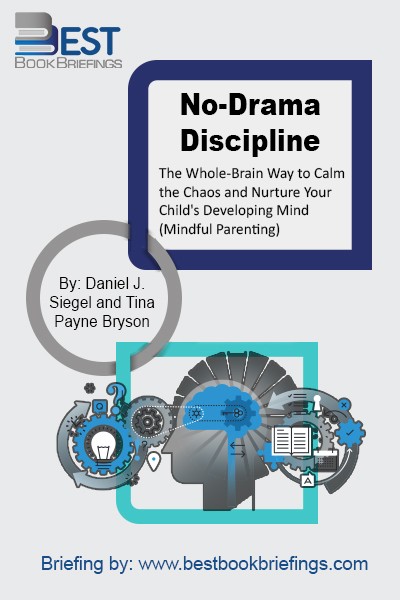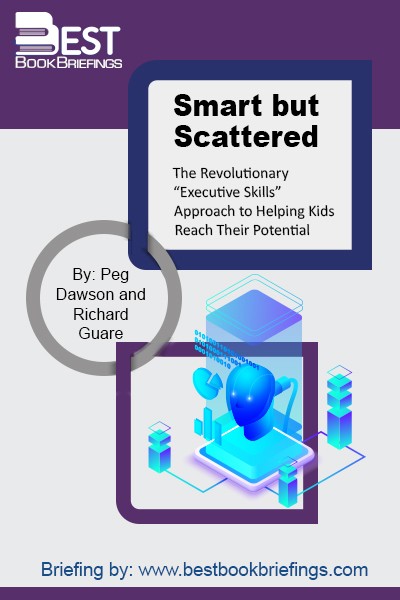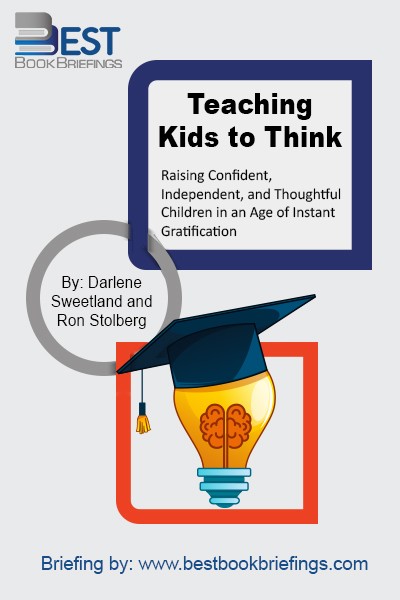Teaching Kids to Think
Raising Confident, Independent, and Thoughtful Children in an Age of Instant Gratification
Editorial Review
In Teaching Kids to Think, Dr. Darlene Sweetland and Dr. Ron Stolberg offer insight into the social, emotional, and neurological challenges unique to this generation. They identify the five parent traps that cause adults to unknowingly increase their children's need for instant gratification, and offer practical tips and easy-to-implement solutions to address topics relevant to children of all ages.
Book Reviews
Books on Related Topics

The average American child spends only four to seven minutes a day outdoors. Those same children devote more than seven hours daily to staring at screens, replacing reality with virtual alternatives. Most boys rack up more than 10,000 gaming hours before the age of twenty-one. Children can now recognize greater than

Over the past two generations, parenthood has gone through radical readjustments. As children went from helping on the farm to being the focus of relentless cosseting, they shifted from being our “employees” to our “bosses!” Even the most organized people have little to do to prepare themselves for having children. They

To parent perfectly is a mirage. There is no ideal parent and no ideal child. The Conscious Parent underscores the challenges that are a natural part of raising a child, fully understanding that, as parents, each of us tries the best we can with the resources we have. Thus, the objective

Giftedness should extend far beyond a category or a label; it should certainly not be confined to a score or an IQ or achievement test. The test simplifies the recognition of some talents, but the complex potential of a child’s talents, sustained interests, and special aptitudes cannot be represented by performance

Do you ever find yourself asking, after an especially agonizing interaction with your kids, “Can’t I do better than this? Can’t I handle myself better, and be more effective parent? Can’t I discipline in ways that calm the situation rather than create more chaos?” You want the bad behavior to stop,

There's nothing more frustrating than watching your bright, talented son or daughter struggle with everyday tasks like finishing homework, putting away toys, or following instructions at school. Your smart but scattered 4- to 13-year-old might also have trouble coping with disappointment or managing anger. Drs. Peg Dawson and Richard Guare have



